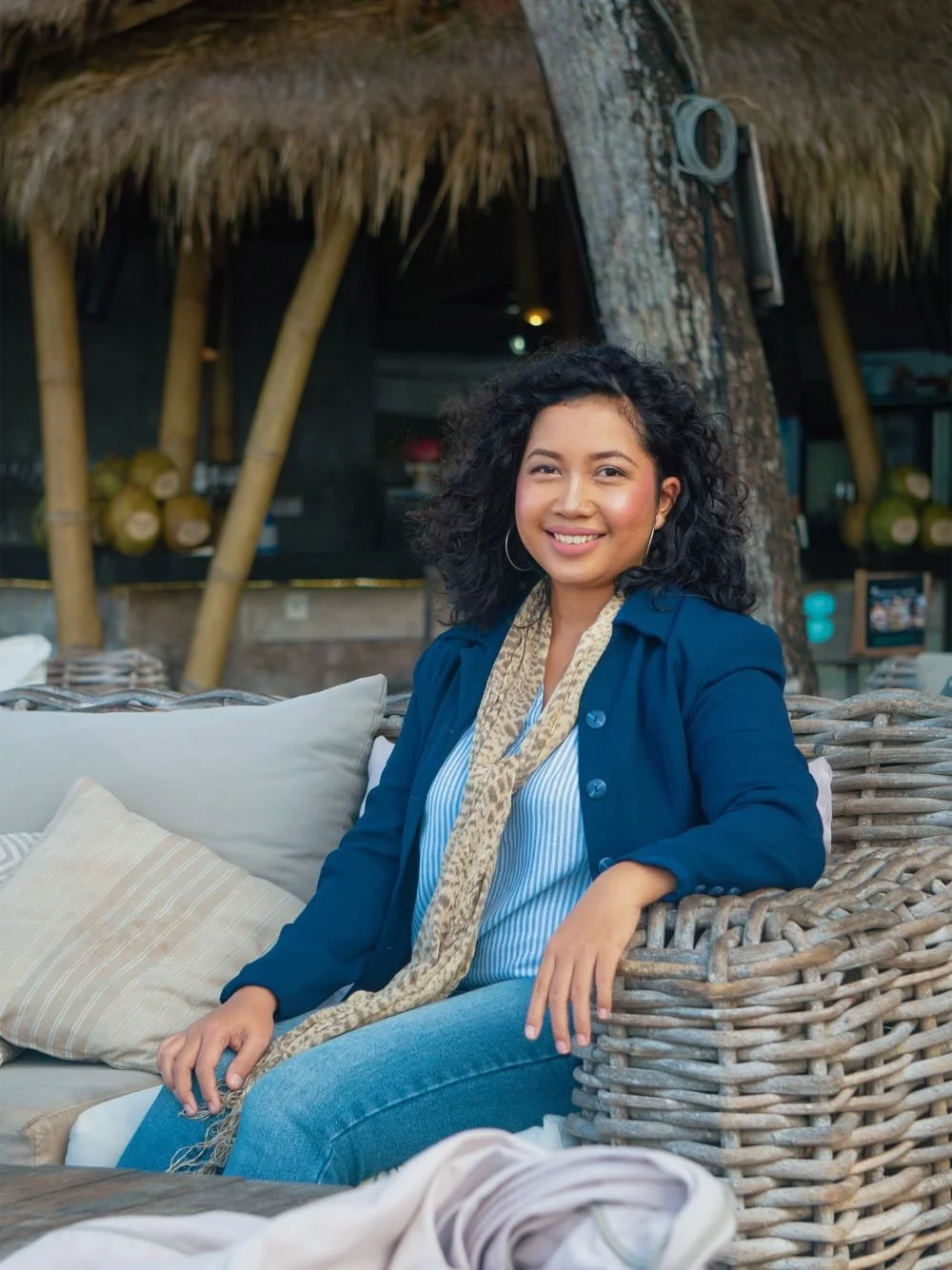The Importance of Biodiversity: Indonesian Women Leaders Conserving Endangered Species
Titled as a “mega-biodiversity” country, Indonesia is an archipelagic state comprising approximately 17,000 islands that have tens of thousands of flora species and a hundred thousand fauna species. According to Convention on Biological Diversity (CBD), Indonesia ranks second for fauna diversity after Brazil with 12% of the world’s mammals to be in Indonesia. On the other hand, Indonesia also possesses 10% of the world’s flowering species, 16% of the world’s reptiles, and 17% of the world’s bird species - placing Indonesia to be among the 10 biggest countries in each category.
However, there are growing numbers of species that are threatened with extinction. Many are starting to lose their habitat due to various causes such as climate change, overexploitation, deforestation, and pollution. Such a condition may pose them with more danger. CBD reported that around 140 species of birds, 63 species of mammals, and 21 species of reptiles are endangered.
The biodiversity loss does not merely cost the lives of the species but it also affects humanity. Biodiversity is the primary source for around 40 million Indonesians in the rural areas and wetland ecosystems are critical for local communities residing on small islands. They are highly dependent on biodiversity. With the degradation of biodiversity, the lives of Indonesians in rural areas will also be jeopardized. Hence, it is crucial for us humans preserve the environment and conserve the flora and fauna within.
There are several notable women leaders across Indonesia, working to conserve endangered species such as coral reefs, advocating the importance of conservation, and protecting the rights of local communities through conservation.
Prawita Tasya Karissa
An expert in coral reef restoration, Tasya built Biorock Indonesia to create artificial coral reefs to replace damaged coral reefs in Bali. Biorock Indonesia collaborates intensively with the inventors of the technology, Prof. Wolf Hilbertz and Dr. Tom Goreau. Through coral reef technology, Biorock Indonesia aims to create coral reefs that can grow faster and healthier, even when the water quality is poor. Tasya does not only focus on the coral reefs, but also the communities impacted by the existence of coral reefs. Biorock Indonesia extends its focus to also empower local communities in taking initiative to restore coral reefs and protect the restoration itself.
Leoni Rahmawati
Working as a communication professional, Leoni aspires to emphasize the importance of positive messaging to love and protect Indonesian forests through a movement called Hutan Itu Indonesia (HII). Her intersectional activism has promoted an inclusive movement that stems from the grassroots and protects the rights of the adat communities. With the increasing number of rainforests destruction, Leoni focuses on protecting intact rainforests in Aceh and North Sumatra.
Mursiati
Mursiati has been working closely with youth for years. Her work includes empowering youth and connecting the dots between ocean conservation efforts and community health. Through Forum Kahedupa Toudani (FORKANI), Mursiati aims to conserve natural resources that will eventually impact the rights of indigenous people in Wakatobi. Starting from FORKANI, Mursiati is involved in various roles that focus on the ecosystem and local communities in Wakatobi. Since 2016, she has been working as a Wakatobi Octopus Program Manager. She developed an approach called Population Health and Environment (PHE) to correlate and integrate natural resource management and community health programs.
They are examples of women leaders among many who have contributed to conservation efforts in Indonesia. Check more women leaders work in Indonesia here.



